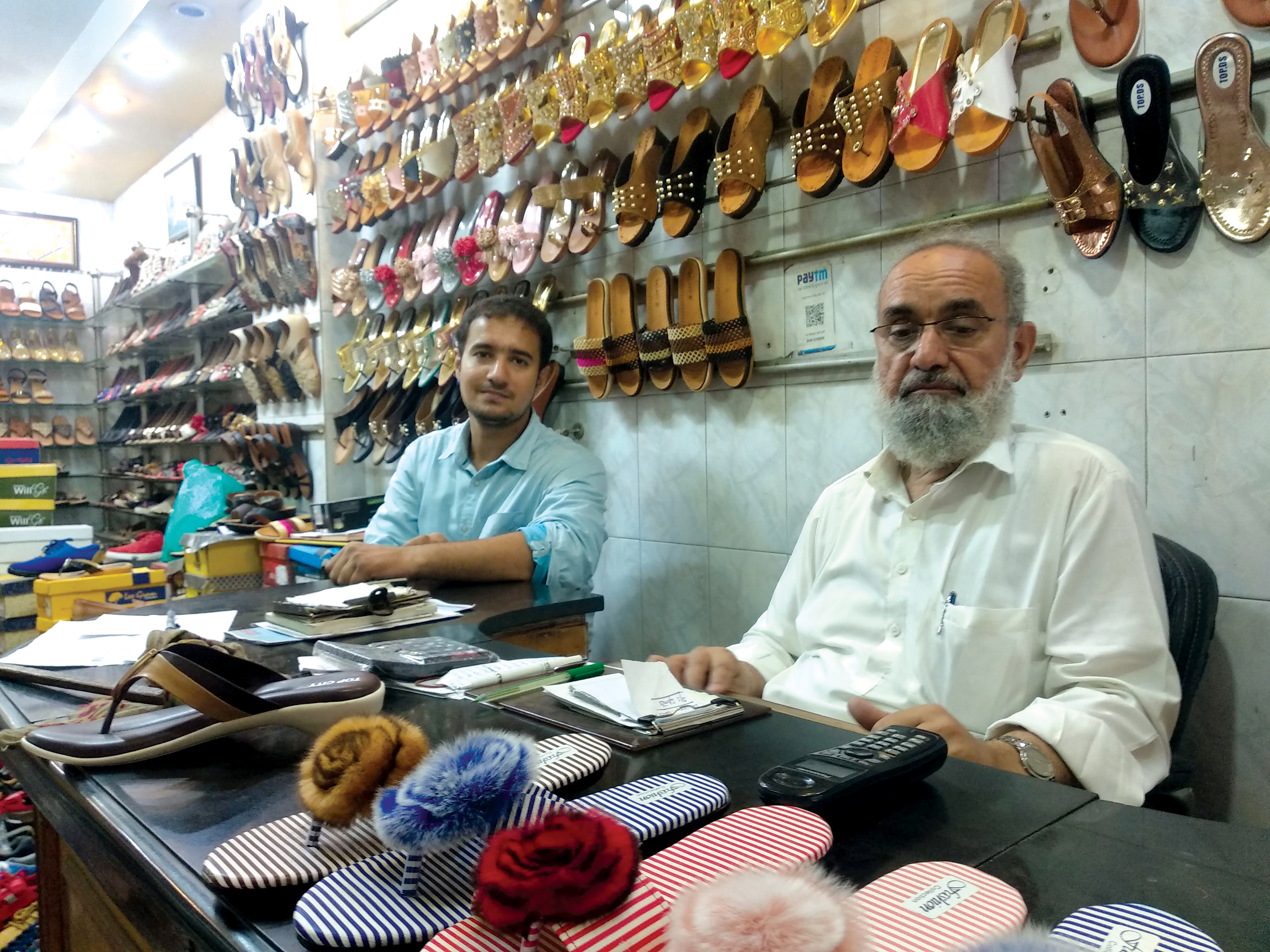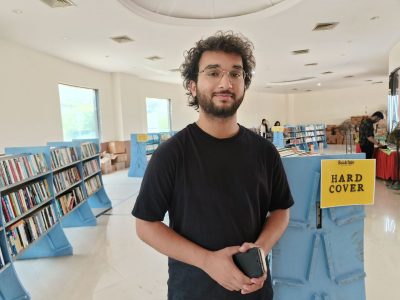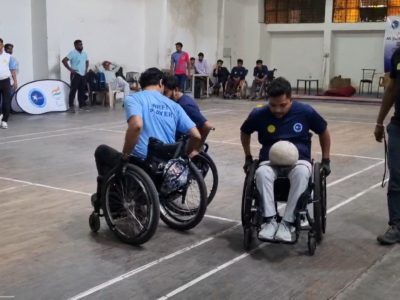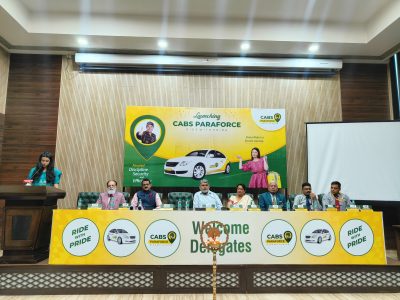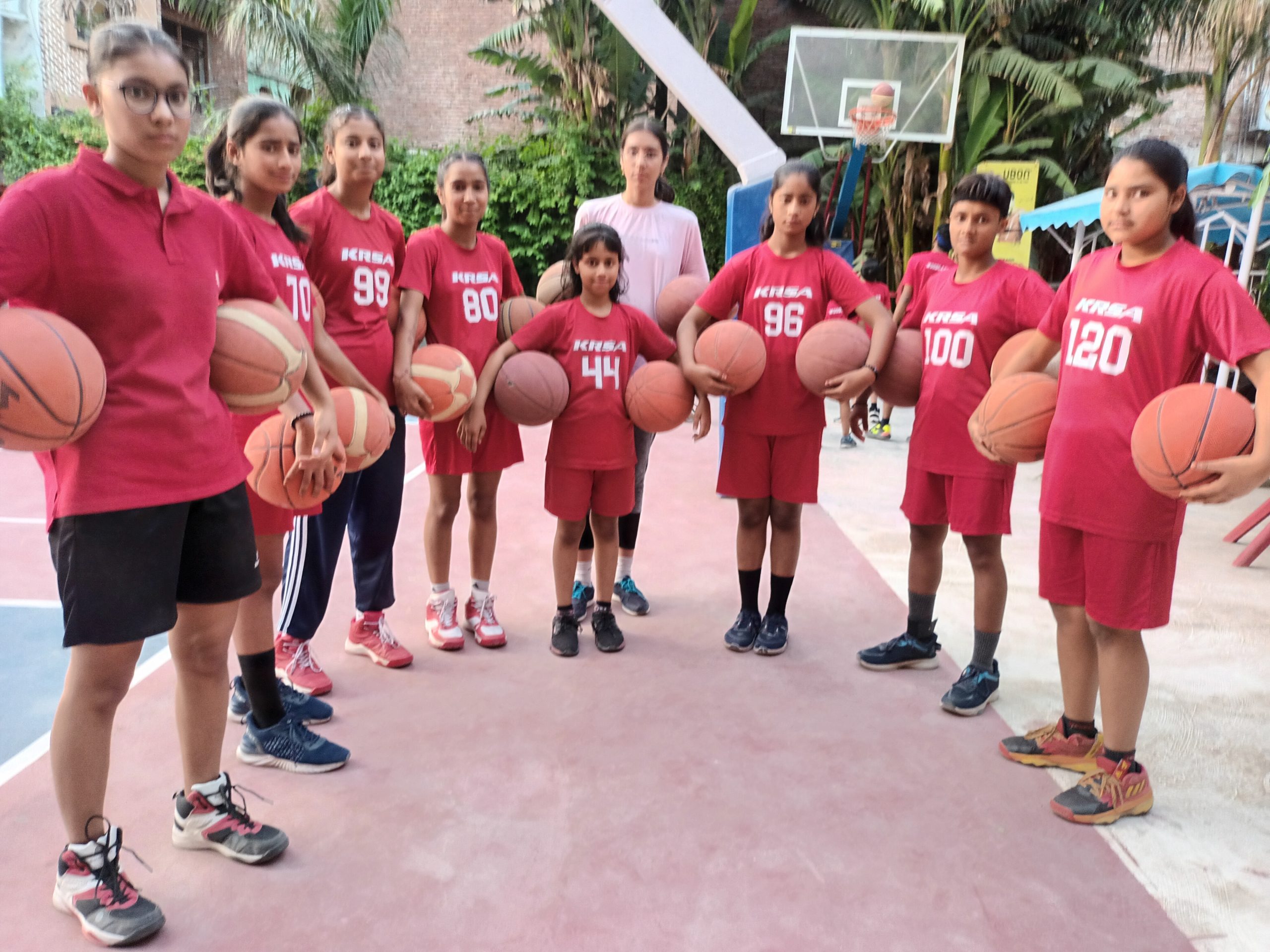In family-run businesses, how do the younger and elder generation work together? Quite well, as Patriot finds out in interviews with two shop owners in Ballimaran
Ballimaran in Chandni Chowk is widely popular for being home to poet Ghalib. Besides, it is also well-known for having numerous optical and footwear stores. Some are wholesale shops, while some cater to retail customers. Almost every other shop in the area is either selling optical or traditional footwear. Besides this, the place also attracts people interested in knowing Delhi’s history and capturing the grand old buildings.
Among these are two establishments where the business is being run by two generations of a family, after being passed down by a third.
When Moinuddin Farooqui, 39, used to come to his grandfather’s and father’s shop during childhood, little did he know about the legacy of the shop, the clientele it has, and the market’s importance. Or that one day, he would see his legacy making it to the news.
“Before Partition, my grandfather used to own a tailoring store in Kucha Ghasi Ram, a locality in the Chandni Chowk area. When the situation got out of hand during Partition, he left that area, and opened a shop in Ballimaran,” says Farooqui about the formation of the shop.
Such was his grandfather’s luck, that the shop he acquired in 1947, was a tailoring shop too. The previous owner migrated to Pakistan. When Farooqui’s grandfather pulled up the shutters, he was greeted with the sight of a sewing machine and a wooden counter. A pleasant surprise, as it helped him kickstart the business.
The coincidence worked in their favours, and helped his grandfather make a legacy tailoring house known as Azad Tailoring House, which is today over 100 years old.
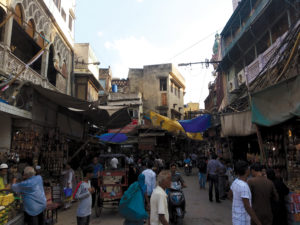
Farooqui was 16 when he first stepped into the shop to manage the business. “Papa pehle baithte the, ab who araam karte hain,” (Father used to sit here earlier, now he rests) says Farooqui when asked about his father.
“I handle the cloth cutting work and handling the customers, while the rest of the work is handled by our karigars,” says Farooqui. His father taught him how to manage the place, how to talk to customers. He remembers in particular one instruction which even today he follows religiously.
“Unhone bola ki kisi se mutasir mat hona,” (He said to never get impressed by anyone), says Farooqui. Why did his father emphasise this point? Because of the clientele the shop catered to since its early days.
When his grandfather was running the tailoring house, the clients were people like Braj Kumar Nehru, nephew of Jawaharlal Nehru. “My grandfather used to make clothes for him. During my father’s time in the shop, we had people like YK Sabharwal, Chief Justice of the Supreme Court. We’ve also stitched a lot of clothes for Justice Vijender Jain.”
The advice was based on an incident which took place. “During my father’s time, some men who were commissioners and income tax department officers came to the shop. After the clothes were stitched, they refused to pay, telling my father that they were officers,” relates Farooqui.
“My father has an MCom degree. He spoke to them in their own language, telling them that money has to be paid for the work done,” says Farooqui. “That’s why he told me never to get overawed by a customer.”
Over time, the tailoring shop became famous for its hand-stitched, hand-embroidered kurta pyjama and sherwani. It catered to men from some of the most illustrious families of the Capital city. Till a few years back, Azad Tailoring House churned out white kurta-pyjamas for lyricist Gulzar and poet Kaifi Azmi.
An important part of the establishment is Salim, 58, who has worked under Farooqui’s grandfather and father. Today he works with Farooqui, and has been with the shop for over 45 years.
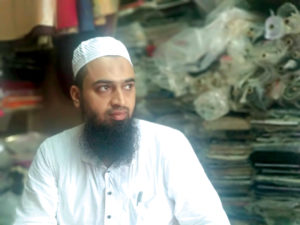
“Although sometimes there are differences in his style of working and mine, I respect his experience and take his advice seriously,” Farooqui says about Salim.
Salim comes off as a shy and humble man who says that the “showoff culture in Delhi is too much now.” People are spoilt for choice when buying clothes. Now well-advertised store chains like Manyawar are known for their hand-stitched and embroidered garments.
He helps Farooqui in day-to-day business, acting like a father figure in the shop, and commissioning orders to the karigars. He also looks after the 9-stage process of getting a kurta pyjama ready. Each stage is handled by a worker who specialises in that skill.
Talking about the future of the shop, Farooqui says, “We rely mostly on regular customers who have been with us since years. However, the market situation is not as good as before.”
Another shop — Supreme Footwear — has been in the area since 1982. Sitting in the shop are the owners: Mansoor Siddiqui, 62, and his son Junaid, 28. “Footwear has been a family business. Our parents used to do the same thing,” says Siddiqui. The shop sells handmade footwear which attracts a lot of retailers from different cities.
His father owned a footwear store in Meena Bazaar in nearby Jama Masjid area. Siddiqui was 25 when he started Supreme Footwear, a wholesale outfit. “I used to visit my father’s shop as a child. Slowly I started grasping tricks of the trade like how to handle a customer, show the product. For a retail business you need to have manpower from the family,” he explains.
Junaid started taking interest in the family business when he was in Class 9. An MBA graduate in two majors, he joined the business after completing his studies. He prefers running the business to working somewhere else.
“You’re restricted to a certain pay bracket if you have a job. In a business, there’s no limit to expansion,” says Junaid. But business, he says, is not that easy. “There’s no certainty of having a fixed amount of money at the end of the month. It doesn’t work like that. At times, you have to sit without any customer for a week or a month,” he tells.
His personality seems to undergo a change when a customer enters. He switches from fluent English to Hindi, as would be expected of any other shopkeeper in one of the oldest markets in Delhi.
Patience is one thing he learnt from his father, which has helped him run the business smoothly. But with the new generation come new ways of doing things. The younger Siddiqui joined the business, he installed CCTV cameras to keep a watch on the people working in the warehouse.
Today, a task lies before him — to digitise the ledger. “Father is resistant to this change. It’s the fear of the changing world. Because technology is getting advanced with time,” he says.
He also thinks that “It’s the essence of the business. To have more privacy.” However, to ease up the age-old business, he’s constantly pushing for technological change, hoping to succeed one day.
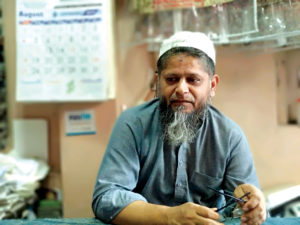
Another thing in his mind is to take the business online. “There are so many sites providing you with business.” When asked whether his father is open to these ideas, he abruptly says “No”.
The elder man thinks that “Once you get into the computer, you will lose the focus on the business.” What follows next is a round of explaining how technology consumes people. “I try to make him understand that the phase is gone,” says Junaid. “I don’t even watch the amount of movies I used to. I need to get things done in a better way.”
While Siddiqui aims to brings technological changes in a 37-year-old shop to boost efficiency, the difference of thoughts which exist in the shop doesn’t affect the business. Only time will decide which generation’s style of working will thrive in the future.

